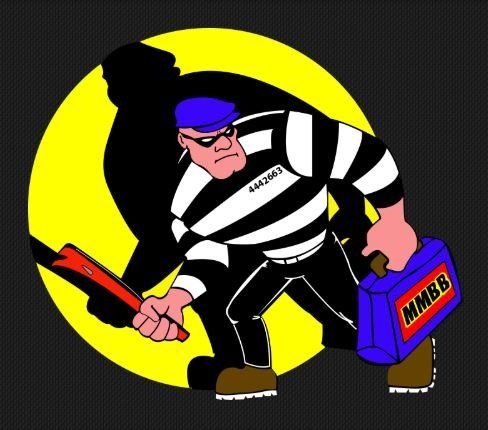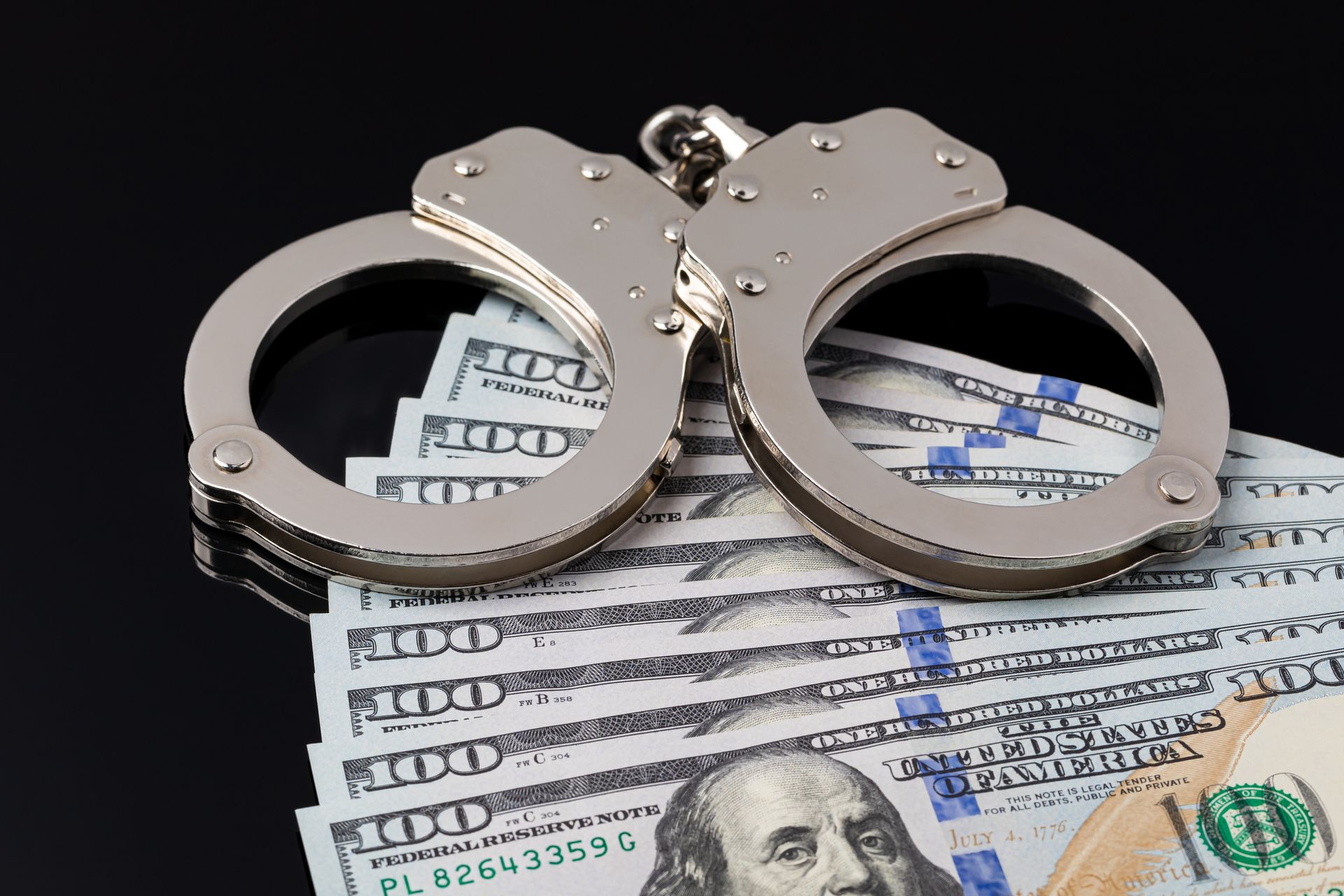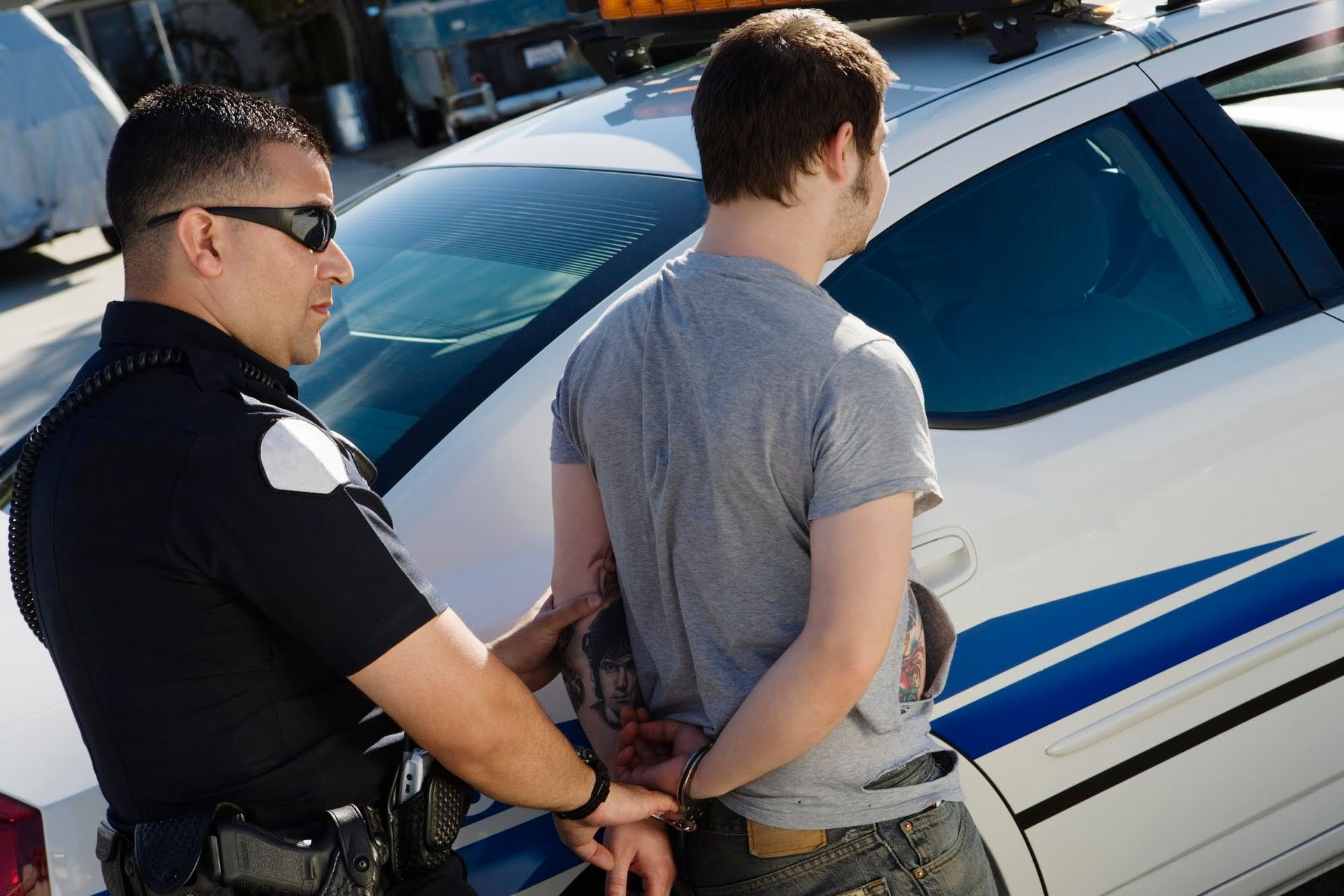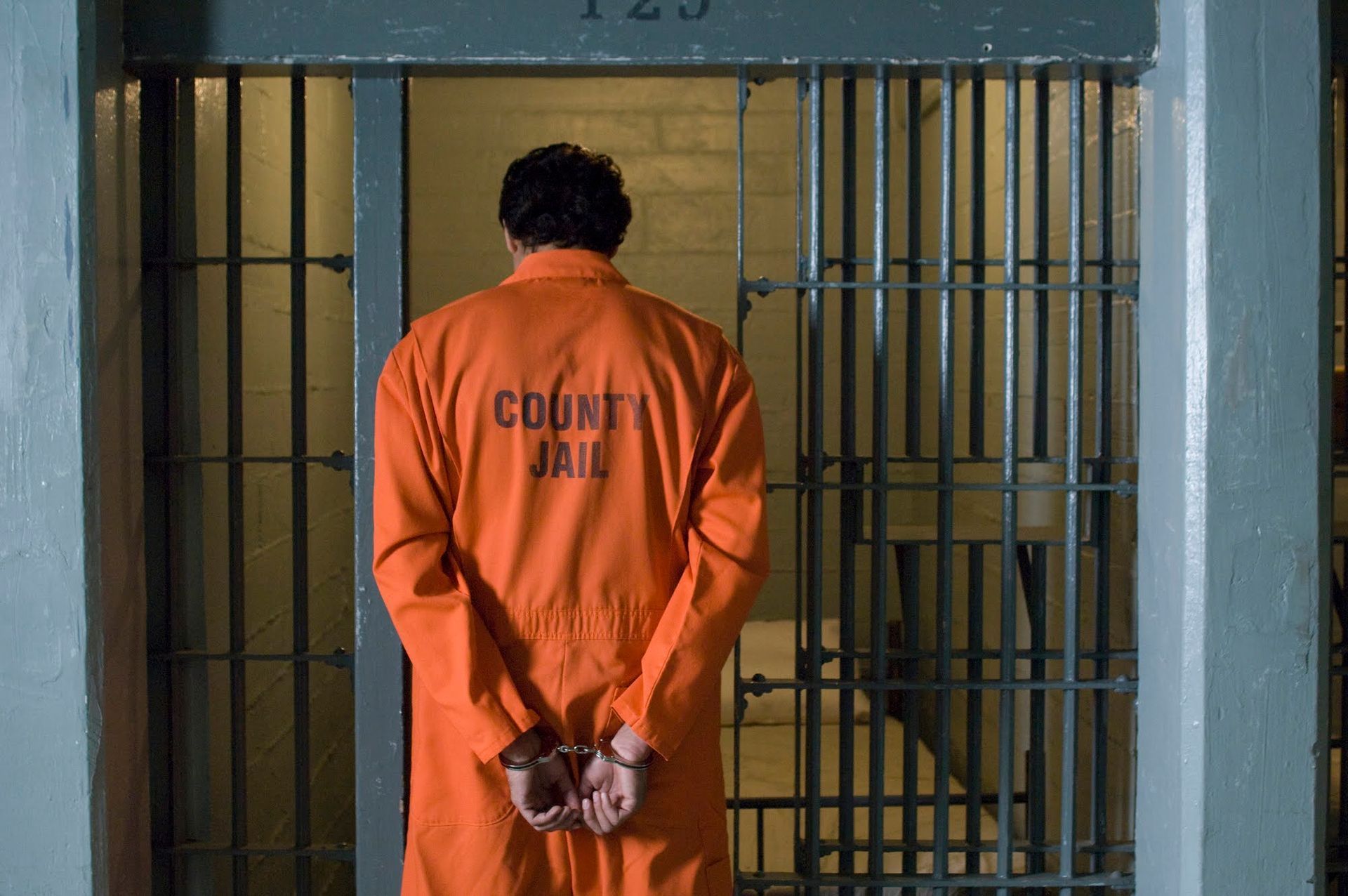Bail vs. Bonds: What Is the Difference?
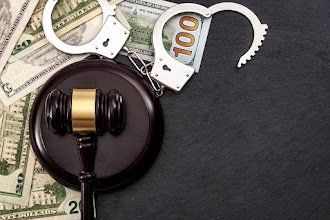
Once you get arrested and are in police custody, you can find a way to get out of jail while awaiting trial. The available options are to acquire a bond or post bail. The judge will consider multiple factors before they can set the bail amount or determine the type of bond.
Many people often use bail and bond interchangeably, but do they mean the same thing? Find out the difference between bail and bond.
Bail
Bail refers to the amount of money that a defendant has to post before the person can leave custody while awaiting trial. The bail amount is not a punishment or a penalty. Instead, bail is a guarantee that the defendant will be present for the necessary trial hearings.
Bail works the same way as collateral that you give the court in exchange for your freedom. If you fail to return or violate your release conditions, you will not get a refund. In most states, bail is refundable but may be subject to a processing fee.
The judge will consider several factors before setting the bail amount. Some of these factors include whether you are a flight risk or a danger to the general public. Your risk of engaging in additional criminal activities may also affect the bail amount. The court does not consider your income or savings when determining the bail amount.
Generally, the bail amount will be lower if you don't have a criminal history. Strong ties to your community or family are also factors that can reduce your bail amount.
Failure to appear in court is a crime in and of itself — you will lose the bail amount and face additional criminal charges if you fail to appear.
Bond
A bond is a promise to provide goods for bail by a third party who agrees to take responsibility and obligations for a defendant appearing in court. The bond is non-refundable. Many types of bonds exist, but they can either be unsecured or secured.
The first type of bond is when the court releases you on your own recognizance. Judges issue this type of unsecured bond when they find it highly likely that you will appear in court. Another option is a cash bond, where you give money to the court and promise to honor all court appearances.
You can also choose the property bond route, where you provide the title to your property as a guarantee for your return to court. Finally, you can select a surety bond where another party takes responsibility for your return.
Traditionally, you will pay about 10% of the bond value and provide collateral for the bond. Hence, a bond is essentially a document from the bondsman pledging that a defendant will appear in court as scheduled.
The Bail Bond Process
The bail or bond process includes several steps.
- Investigating officers arrest you and put you in custody or jail.
- The officers take your fingerprints and mug shots.
- The court looks at your case, and the judge sets bail within specific days.
- You are allowed to make a phone call to family and friends or an attorney.
- If you have the money, you can pay the bail.
- If you don't have the money, family and friends can call the bondsman, or your lawyer can refer you to a bondsman.
- The bondsman obtains essential information about you and explains your options.
- You pay the down payment to the bondsman, who then posts the bond for you.
- You are released from jail and given certain conditions.
This process will take several days, depending on the state laws and how quickly you find the bail or bond.
Get Help
You love your freedom and want to get out of custody as you await trial. However, the bail amount may be too high and beyond your reach. Likely, Matt Mckeehan Bail Bonds can help you with small or large bonds.
Reach out to us to know how we can help you.
